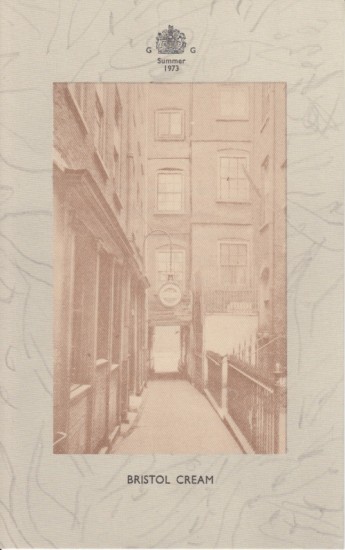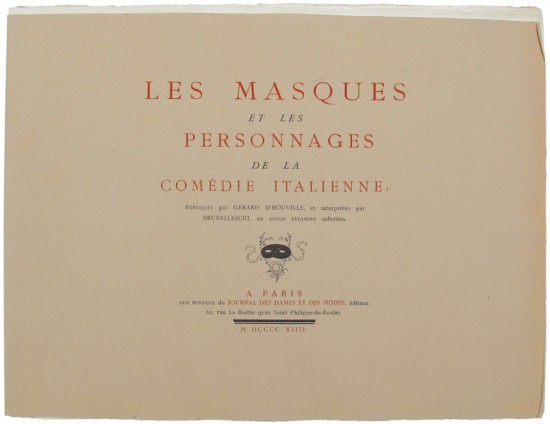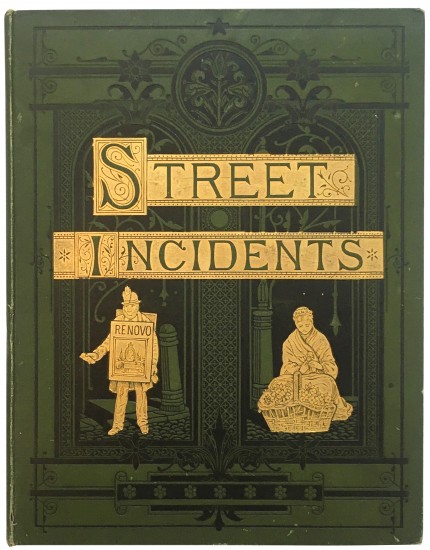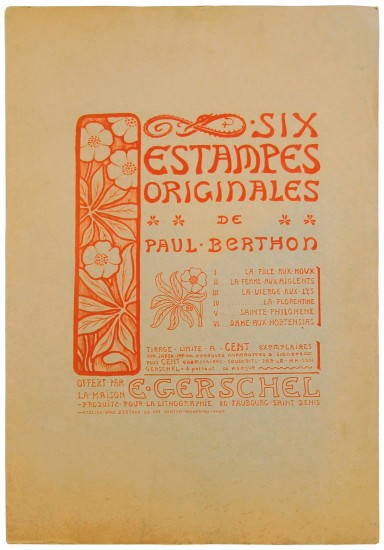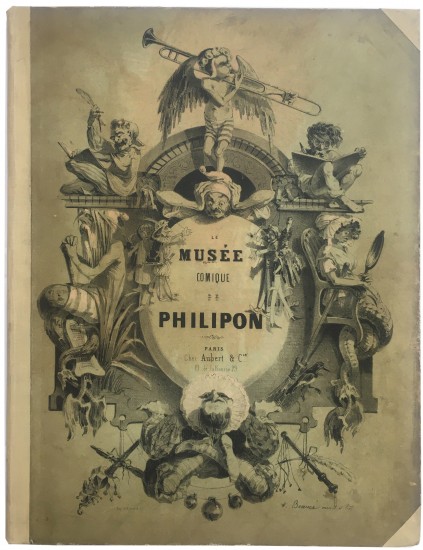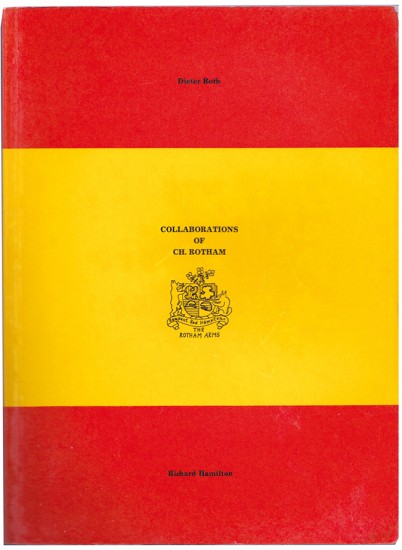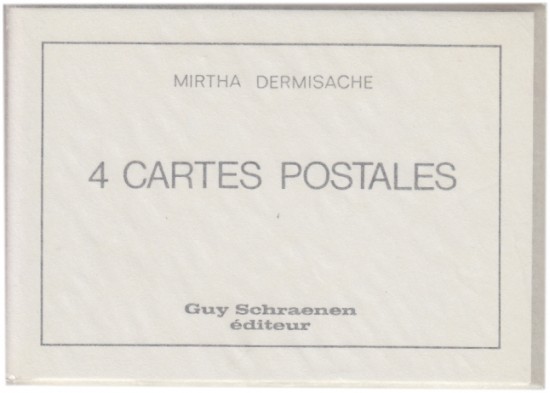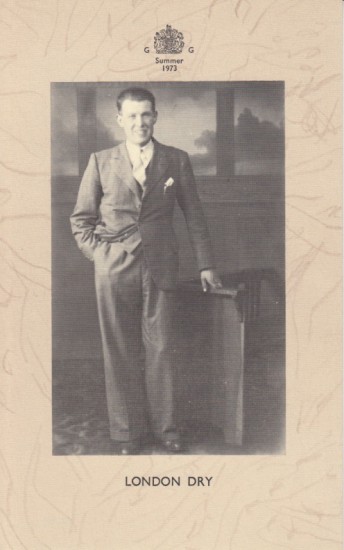APOPHTHEGMES, that is to saie, prompte, quicke, wittie and sentecio saiyinges, of certaine Emperours, Kynges, Capitaines, Philosophiers and Oratours, as well Grekes, as Romaines, both verie plesaunt and profitable to reade, partely for all maner of persones, and especially Gentlemenne. Firste gathered and compiled in Latin by the right famous clerke Maister Erasmus of Roterodame. And now translated into Englishe by Nicolas Udall
Erasmus, Desiderius
London. Imprinted ... by Jhon Kingston. 1564
Sold
A beautiful unsophisticated copy of the rare second edition in English of Erasmus' Apophthegmes.
The Apophthegmes, the English version of Erasmus' collection of Greek and Roman aphorisms, Apophthegmata (first published in Latin in 1531), was first published in 1542 in a translation by Nicholas Udall. The Wykehamist Udall (1505 - 1556), educated under the patronage of Thomas Cromwell, won renown as a scholar, cleric and playwright but his career was marred when he was forced to leave Eton - he was headmaster between 1534 and 1541 - due to offences punishable under the 1533 Buggery Act (although there were additional charges relating to knowledge of theft and the exact circumstances are unclear). Udall was saved from hanging due to his influential peers and despite his Protestantism flourished under Mary Tudor, writing songs with John Leland, to commemorate her coronation and later became headmaster of Westminster. Udall is most famous for his comedy Ralph Roister Doister, accepted generally as the first comedy in the English language, although he also translataed a part of another work of Erasmus, the Paraphrases, among others.
The scattered marginal annotations included manicules and 'note bene' indications, as well as a number of more lengthy inscriptions.Some of these, written upside down in the lower margin, appear to be pen trials unrelated to the text - 'In the name of gode amen.This bylle made the xxth daye of maye in the yeare ...', but there are also a number of contemporary sententiae:
'happy is he that hathe maryed a discryte wyfe / so is he that is unemaried'.
'Sithe makinge of manerse in compini dothe lye inhaunt the good and the evele see thou flye / it is better for a woman for a woman (sic) for to be baren then to brynge forth a foule filthe caren [carrion]'.(cf. William Baldwin quoting Plato and Hermes in his A Treatice of moral philosophy, 1571 - 'Sith makyng of maners in
company doth lye, Enhaunt the good and the evyl see thou flye' and 'Better it is for a wyfe to be barrayne, Than to bryng forth a vile wicked carrayne').
'beware of thy enememe (sic) whan he thee dothe malace [i.e. menace] and trust him thou not yf fare seme his face for the serpent never so dedly dothe sting as when he dothe byte with oute any hising' (also cf. Baldwin, where it is attributed to Pythagoras).
This copy with 'Apophthegmes' in Roman type on the title and 'shoppe' on the colophon uncapitalised, marking this as the first (?) issue.
This edition is very rare in commerce with only one copy, the Hansen, sold at auction in the last 35 years; COPAC locates four complete copies in the UK, at the British Library, Newcastle, Manchester and the City of London Guildhall Library.
[STC 10444].
The Apophthegmes, the English version of Erasmus' collection of Greek and Roman aphorisms, Apophthegmata (first published in Latin in 1531), was first published in 1542 in a translation by Nicholas Udall. The Wykehamist Udall (1505 - 1556), educated under the patronage of Thomas Cromwell, won renown as a scholar, cleric and playwright but his career was marred when he was forced to leave Eton - he was headmaster between 1534 and 1541 - due to offences punishable under the 1533 Buggery Act (although there were additional charges relating to knowledge of theft and the exact circumstances are unclear). Udall was saved from hanging due to his influential peers and despite his Protestantism flourished under Mary Tudor, writing songs with John Leland, to commemorate her coronation and later became headmaster of Westminster. Udall is most famous for his comedy Ralph Roister Doister, accepted generally as the first comedy in the English language, although he also translataed a part of another work of Erasmus, the Paraphrases, among others.
The scattered marginal annotations included manicules and 'note bene' indications, as well as a number of more lengthy inscriptions.Some of these, written upside down in the lower margin, appear to be pen trials unrelated to the text - 'In the name of gode amen.This bylle made the xxth daye of maye in the yeare ...', but there are also a number of contemporary sententiae:
'happy is he that hathe maryed a discryte wyfe / so is he that is unemaried'.
'Sithe makinge of manerse in compini dothe lye inhaunt the good and the evele see thou flye / it is better for a woman for a woman (sic) for to be baren then to brynge forth a foule filthe caren [carrion]'.(cf. William Baldwin quoting Plato and Hermes in his A Treatice of moral philosophy, 1571 - 'Sith makyng of maners in
company doth lye, Enhaunt the good and the evyl see thou flye' and 'Better it is for a wyfe to be barrayne, Than to bryng forth a vile wicked carrayne').
'beware of thy enememe (sic) whan he thee dothe malace [i.e. menace] and trust him thou not yf fare seme his face for the serpent never so dedly dothe sting as when he dothe byte with oute any hising' (also cf. Baldwin, where it is attributed to Pythagoras).
This copy with 'Apophthegmes' in Roman type on the title and 'shoppe' on the colophon uncapitalised, marking this as the first (?) issue.
This edition is very rare in commerce with only one copy, the Hansen, sold at auction in the last 35 years; COPAC locates four complete copies in the UK, at the British Library, Newcastle, Manchester and the City of London Guildhall Library.
[STC 10444].
[273 leaves (of 274, without final blank I10); 16 unnumbered leaves (including blank **8), 245 foliated leaves, 12 unnumbered leaves]. 8vo. (149 x 100 mm). Printed title with woodcut ornament, Udall's preface 'Unto the gentle and honeste harted readers well to fare', Erasmus' preface, 'A Preamble of the Interpreter, unto the saiynges of Socrates', 'The Saiyinges of Socrates, ... of Diogines the Cynike, ... of Philippus Kyng of Macedonie, ... of Alexander the Greate, ... of Antigonus the firste kyng of the Macedonians, ... of Augustus Caesar, ... of Julius Caesar, ... of Pompeius the Greate, ... of Phocion, ... of Marcus Tullius Cicero, ... of Demosthenes the Oratour', 'The Table', final leaf with colophon verso. Black letter text throughout with italic and Roman highlights, occasional interpolations in Greek, side notes in smaller type. Decorative woodcut initials, head- and tail-pieces and text ornaments throughout. Contemporary marginalia in ink in several hands throughout (see below). Three leaves with tears with no loss of text. Original paste-paper boards, leather spine cords exposed, bound on leaf of vellum manuscript, maroon cloth chemise and matching slipcase with printed title to spine.
#41060


